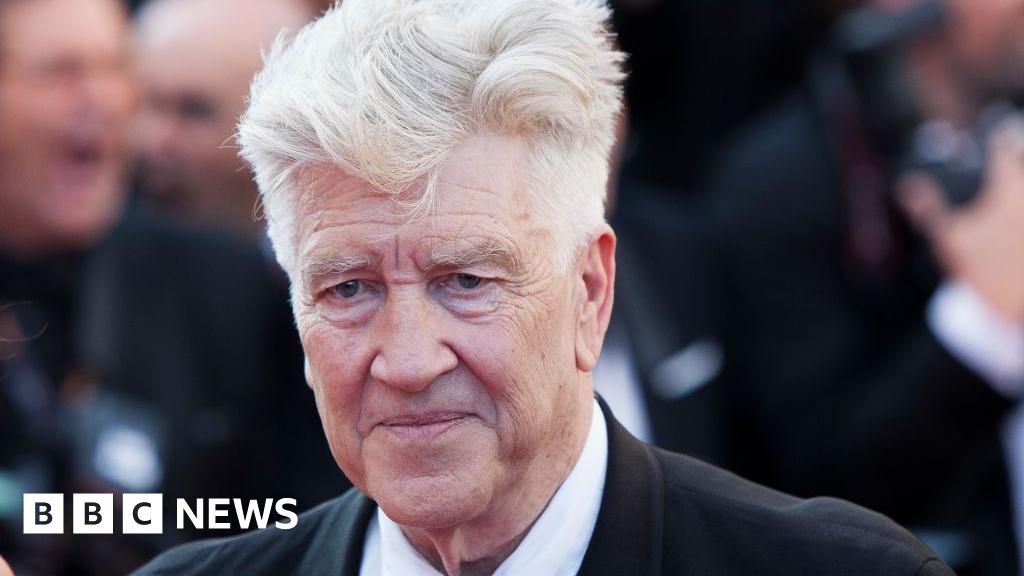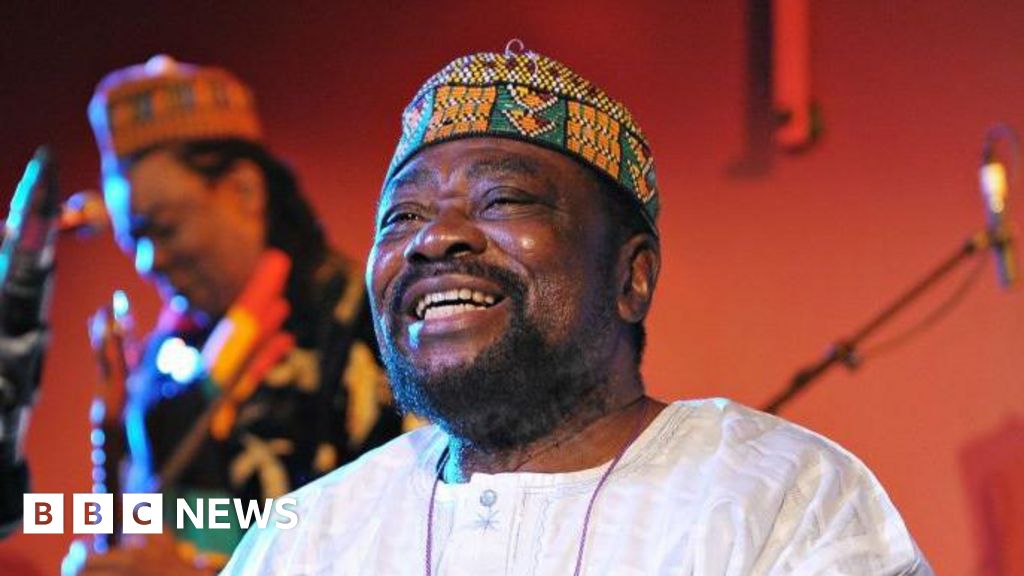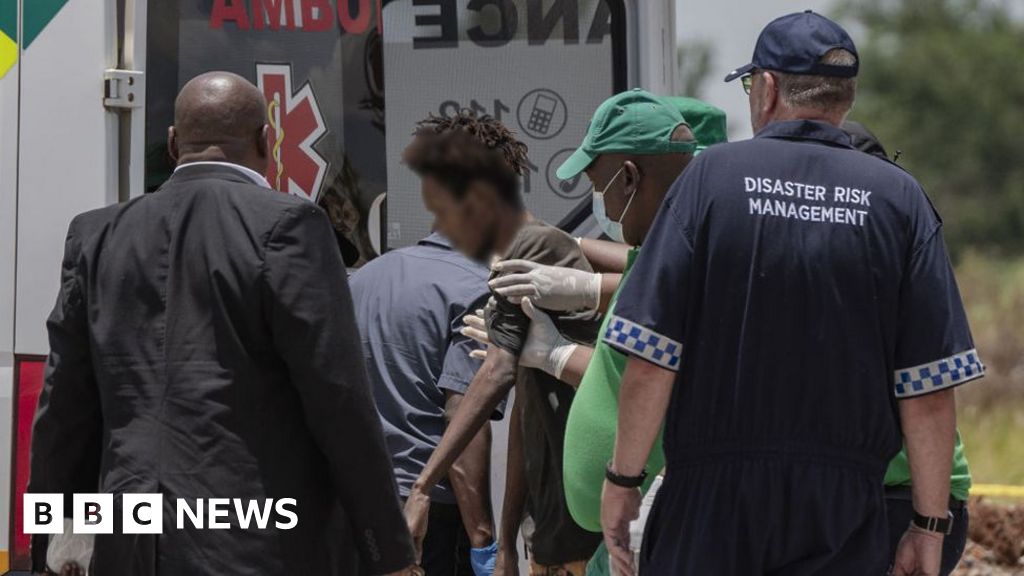ARTICLE AD BOX

 YURI KOCHETKOV/EPA-EFE/REX
YURI KOCHETKOV/EPA-EFE/REX
Ukrainian hitmen and saboteurs have been able to strike in the Russian capital several times
It is striking how elaborate the operation was. Explosives were hidden in an electric scooter and they were detonated by remote control, Ukrainian sources have told the BBC.
The victim, Lt Gen Igor Kirillov, is believed be the highest-ranking military official killed beyond the combat zone since its full-scale invasion began.
His assassination has shocked Russia's military and political establishment. Sources from Ukraine's SBU security service let it be known they were behind it.
There have been numerous Ukrainian operations targeting Russia's forces on Ukrainian territory.
But the fact that Ukrainian intelligence can target the head of Russia's military's radiation, biological and chemical protection forces outside his home in south-eastern Moscow raises questions about Russian security and how far Ukraine's capabilities can extend.
Choosing a scooter for the attack was a smart move. They lie abandoned all over the place on Moscow's streets and attract little attention.
But as they detonated the device at precisely the right moment, in this case when Gen Kirillov was leaving his apartment block alongside his aide, the perpetrators must have had some sort of visual surveillance – either monitoring via camera or watching it in person.
It's thought that his murder was not the SBU's first on the streets of Russia's biggest cities, so earlier attacks on politicians and military officials in Russia can shed some light on how such operations have been carried out.
It was in April 2023 that prominent war blogger Vladlen Tatarsky was meeting supporters at a cafe in St Petersburg as part of a "creative evening".
During the event at Street Food Bar No 1, Darya Trepova, who claimed to be an art student, presented him with a sculpture of a soldier's head. Minutes later, as Tatarsky was putting the present back into the box, it exploded, killing him and wounding many of the others in the room.
Ms Trepova later went on to claim at her trial that she knew nothing about the explosives inside the bust. She admitted that she was against the war in Ukraine but, she said, she had been told that inside the bust was a microphone.
The court sentenced her to 27 years in prison.

 OLGA MALTSEVA/AFP
OLGA MALTSEVA/AFP
Darya Trepova maintained she had no idea there were explosives in the bust she gave Tatarsky
Whatever she knew in advance, there is little doubt that Ukrainian security services use deception to lure local Russians who may perhaps be sympathetic to Ukraine's cause.
Acts can range from organising sabotage to, in this case, priming a bomb.
The SBU is not above sending a hitman to achieve its goal, perhaps the most notorious spy means of assassination.
A year ago, a pro-Russian former Ukrainian MP, Ilya Kyva, was shot dead in a village outside Moscow. The killer managed to get unnoticed into the grounds of a hotel and shot Mr Kyva twice while he was walking in a park.
Again, Ukraine made no official statements, but sources in the SBU said it was them.
Only five days ago, a leading Russian missile scientist, Mikhail Shatsky, was shot dead in a forest outside Moscow. In that case, the killing was pinned on Ukraine's military intelligence service, although there was no confirmation.
Shatsky was responsible for modernising Russia's Kh-59 and Kh-69 cruise missiles that have caused so much destruction and loss of life in Ukraine.
The fact that Kirillov's killing took place within days of Shatsky's murder shows how deep Ukraine's spies have penetrated into Russia.
It is not just politicians or Russians connected to the military who have come under attack.
In August 2022, Darya Dugina was murdered in a car bomb attack, in an apparent message to her father, Aleksander Dugin, regarded as the Russian ideologist justifying Moscow's aggression in Ukraine.

 Russian Investigative Committee
Russian Investigative Committee
Darya Dugina's car blew up while she was driving near Moscow in August 2022
According to the Russian investigation, two Ukrainian citizens were involved in the attack - an apparent example of Ukraine sending operatives deep into Russia to "eliminate" their target.
Natalia Vovk, 43, had crossed into Russia from occupied Donetsk in eastern Ukraine. She later teamed up with another Ukrainian who rented a garage where they assembled the bomb. Both Ukrainians, as it was alleged during the trial, had managed to escape from Russia a day before Dugina was killed.
All these attacks show the wide range of methods available to Ukrainian special services, but some experts believe it might not be Kyiv that assassinated Lt Gen Kirillov at all.
It could be the result of an internal power struggle among the Russian military or the Kremlin's attempt to remove one of the main witnesses of war crimes, says Yuriy Karin, a Kyiv-based military observer.
If it was the SBU, then the message is clear, he says. "Even within Moscow's ring road, Russian generals cannot feel safe."

 4 weeks ago
8
4 weeks ago
8








 English (US) ·
English (US) ·